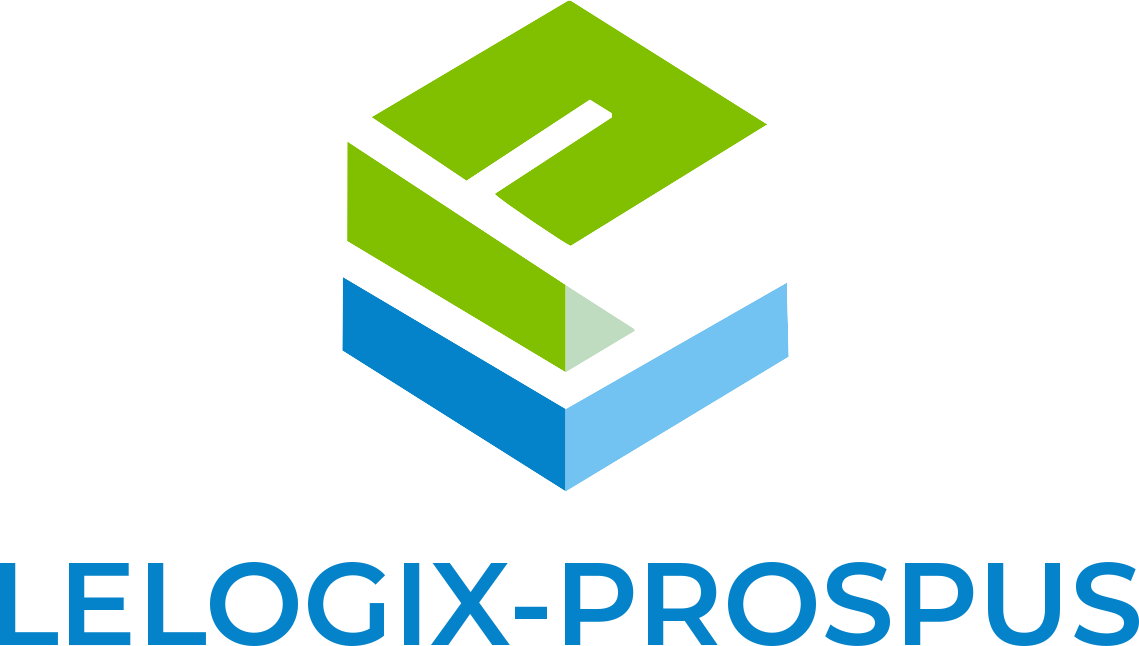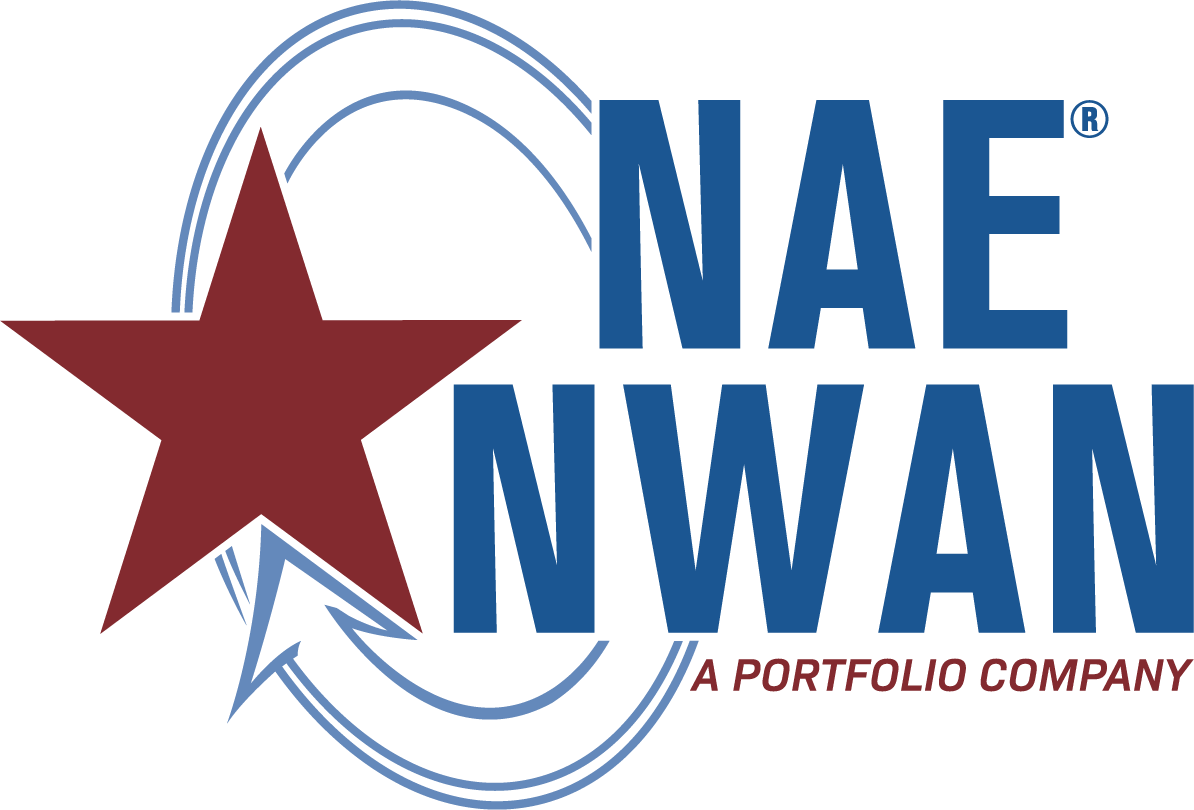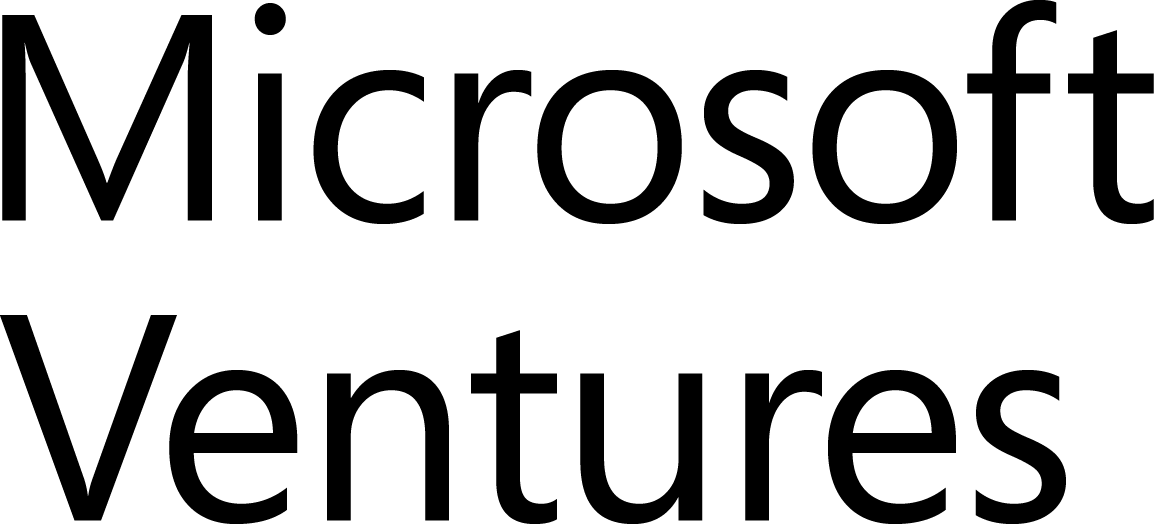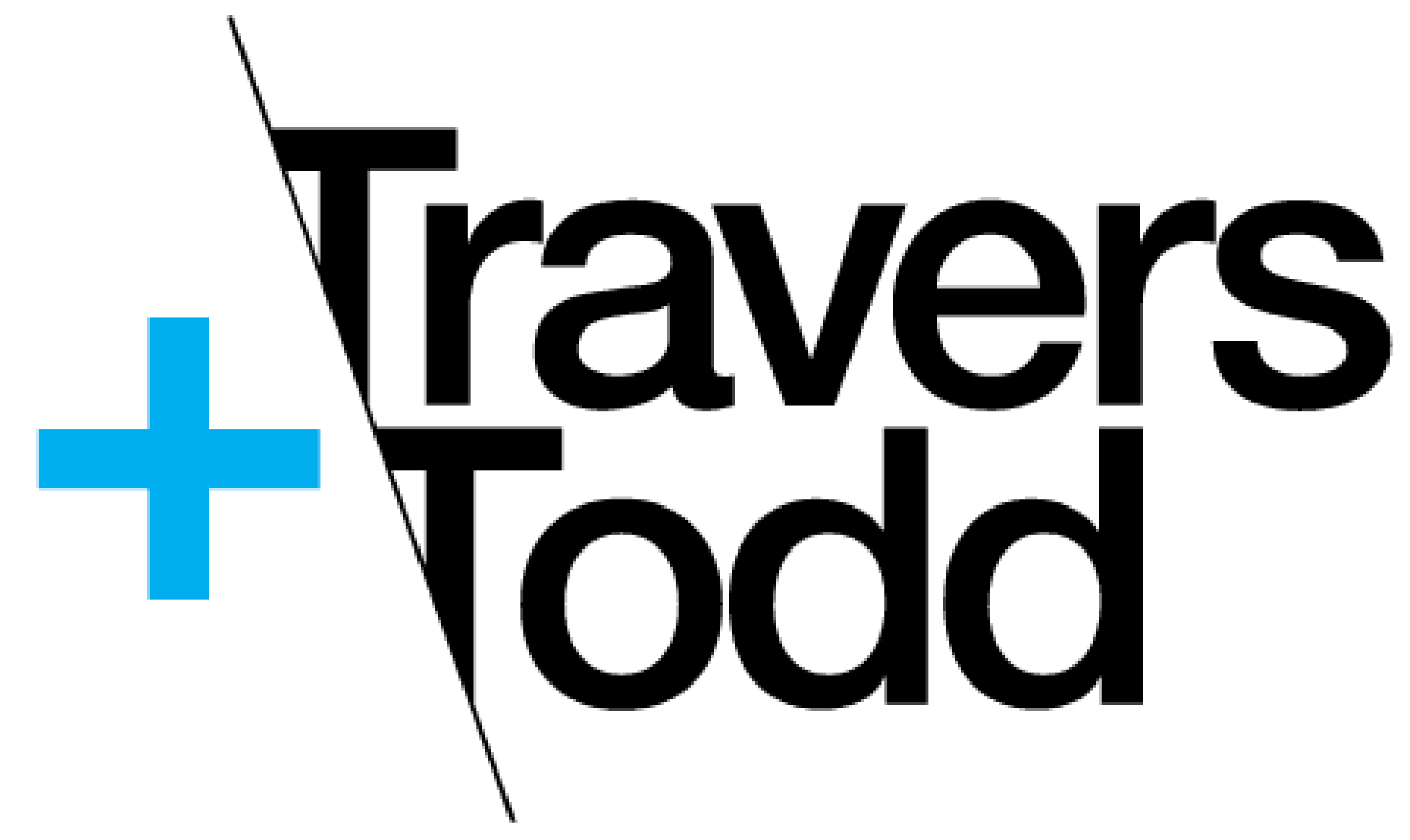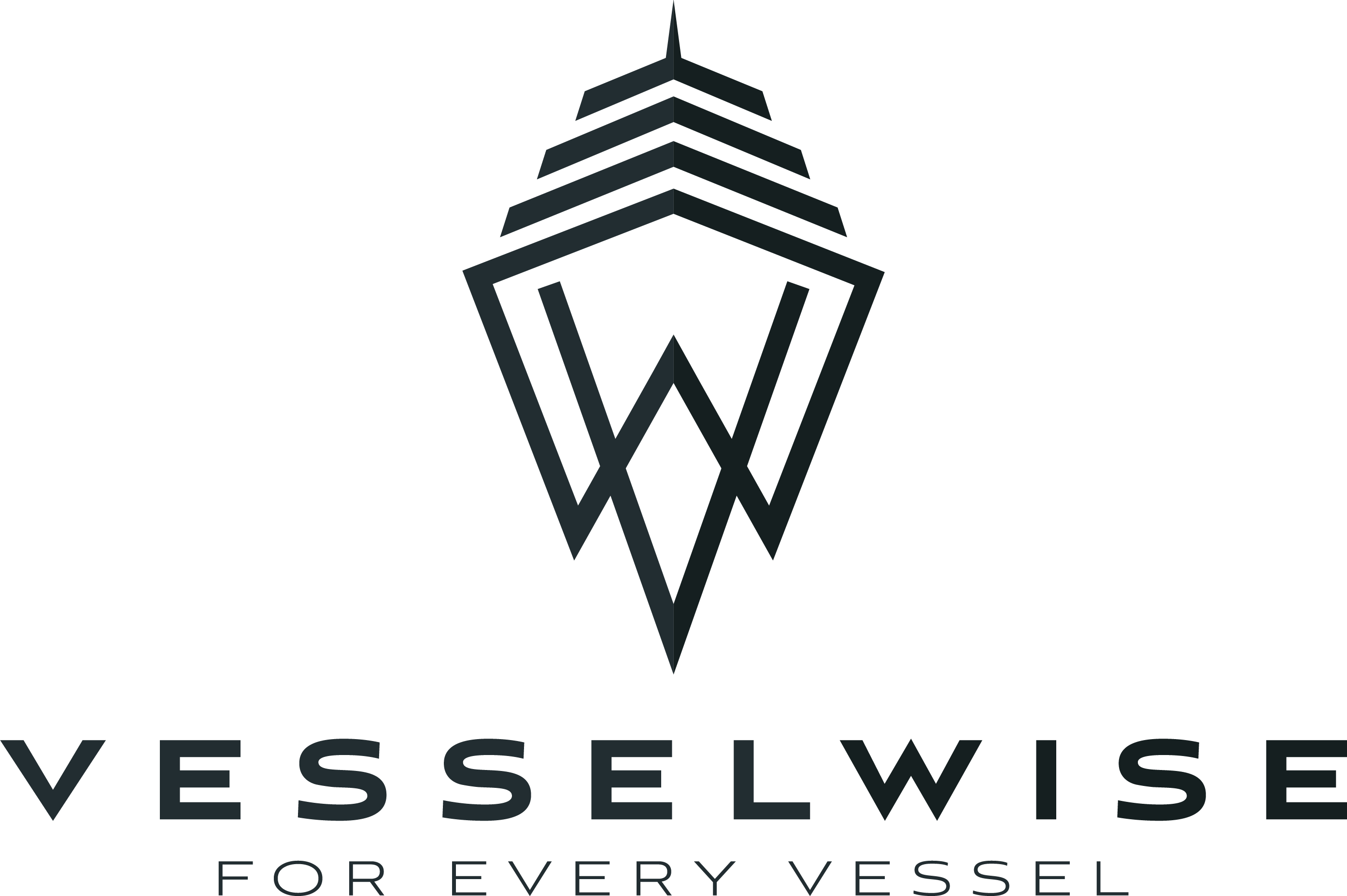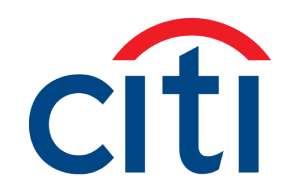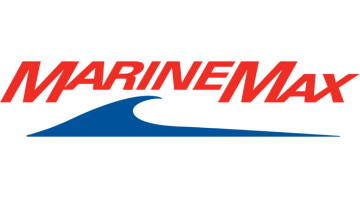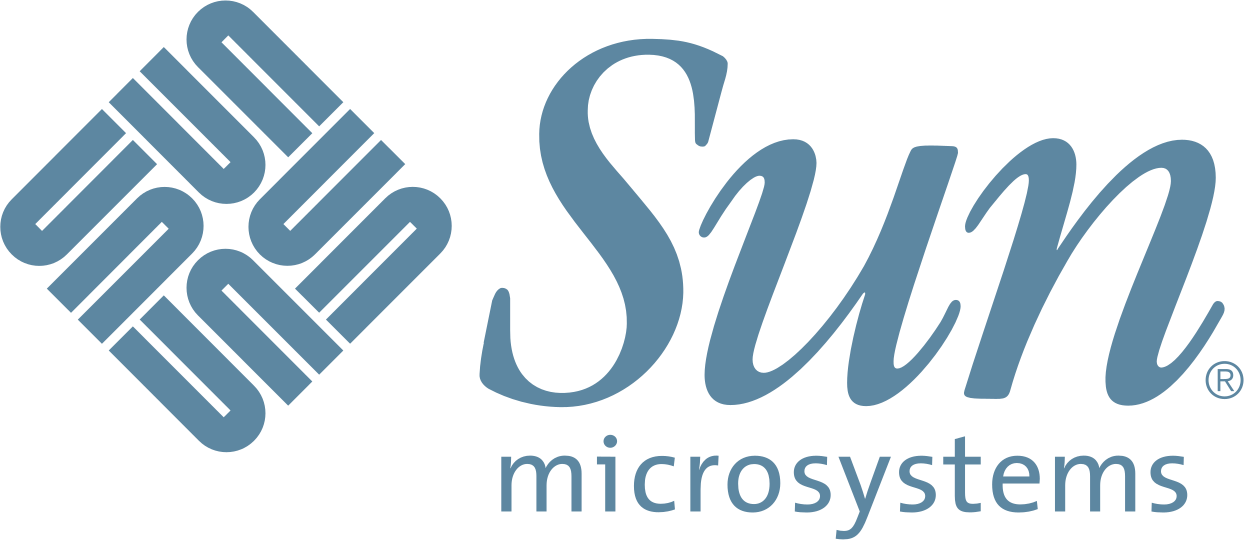The regulatory landscape in the United States, and across the world, is continually evolving. No matter the industry, there are rules and regulations that will come into play, and this can sometimes be overwhelming, especially for smaller businesses looking to offer new products and services, or expand into new areas of industry.
Addressing the challenges of compliance
Companies address compliance issues in a variety of ways, some more effective than others. Good compliance policies are highly integrated, and they are preferably enforced by a Compliance Officer. The Compliance Officer works with management and company staff in order to identify and manage any regulatory risk. Larger companies will have a Compliance Department, while others hire outside compliance consulting services.
However, these measures are not the most effective. Some companies have taken compliance to the next level, and they are now working with compliance software. Here, you have varying degrees of quality as well, with the more integrated solutions offering better results.
Working with compliance software
Software helps automate the compliance process, by centralizing all documents regarding regulatory requirements and compliance management processes. This helps minimize risks, and reduce the costs of compliance company-wide. All staff members can quickly access updated policies thanks to intuitive user interfaces, and some software solutions can be used to implement automated email or text message updates whenever a new policy is implemented.
At a deeper level, software can be used to standardize various document creation and manipulation processes, by implementing version control and archiving features. Using software, companies can also automate audit trails for various business functions, removing the need for time consuming and expensive processes.
You will also have practices such as Privacy by Design. PBD is comprised of a set of principles, set forth by the GDPR, and in order to implement this practice, a company will build its backend from the ground up with privacy in mind. Within this framework, data is protected in a proactive matter, where security measures are implemented before any data is collected.
Furthermore, compliance measures can be implemented throughout your entire business using software. When modularized enough, software becomes extremely malleable, and any business function can be customized and designed to be in compliance with regulations as they come into effect.
Compliance can be reached in multiple ways, but the most efficient method is through software implementation, from basic software that centralizes all regulations and legislation as they relate to your business, to integrated software solutions that can updated as new regulations come into effect. And even though software solutions might cost more upfront, they help save money in the long run, by eliminating the need for training sessions, large compliance departments, and mishaps that are borne from human error. Since compliance requirements will never go away, it’s best to find the most cost effective solution going forward.






